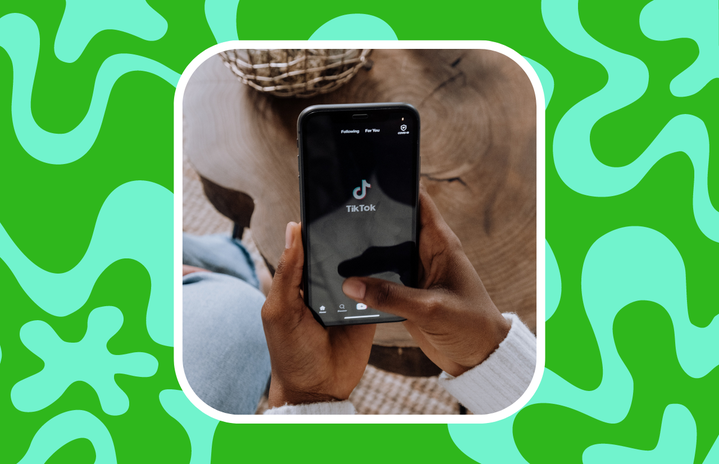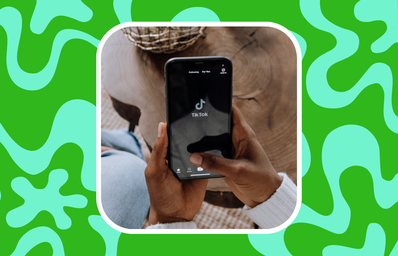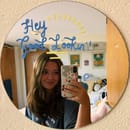Whenever I scroll on TikTok, I’m bombarded with countless videos of hauls and people telling me things I need to buy.
But recently, I’ve seen a new trend take over, one that pushes back against this influencing culture.
Most of us have been influenced to buy things our whole lives. Whether it be a HydroFlask or Glossier, seeing people with the new best things is more enticing than any advertisement.
The de-influencing trend works to inform and educate people on the trendy products they see all the time and help consumers make the decision if it’s actually worth it.
Some people believe that the de-influencing trend began with Mikayla Nogueira and her TikTok recommending the L’Oreal Telescopic Lift mascara. In the video, she shows her lashes before and after using the mascara.
However, many fans believe that she put on false lashes to create a more exaggerated difference.
The incident, now referred to as “MascaraGate,” has gained traction on TikTok. People are also upset that Nogueira didn’t prominently disclose that the video was sponsored, with the only indication being the word “partner” in small font briefly appearing on the screen.
The video has since been edited to include a hashtag indicating the post was sponsored.
People are beginning to realize that influencers don’t always have their best interests at heart. While sponsorships are an important way for these TikTokers to make money, advertising the wrong product could damage the trust they have with their audience.
In television, sponsored material must have a disclaimer that the media is an advertisement. Even Youtubers are required to say if a video is sponsored. However, the world of social media, especially TikTok, is a lot newer and a lot less regulated.
Sometimes, TikTokers only need to include a hashtag in the description of their video as a disclaimer that something is an ad. In a sea of other hashtags, viewers might not always be able to tell if a TikTok is sponsored or not.
Another issue that has spurred the de-influencing trend is the sustainability concerns around influencers. Beauty gurus and makeup TikTokers seem to always have large collections of makeup, sometimes owning hundreds of products.
However, this should not be the norm. The average person does not have the money to afford vast makeup collections. And even if you can afford it, it’s unlikely you’d be able to use every product before the expiration date.
This financial aspect isn’t a problem for influencers, who get products sent to them by brands as PR packages. But for the people buying them, dropping thousands of dollars on makeup isn’t feasible or sustainable.
One of my new favorite TikTokers is Michelle Skidelsky (@michelleskidelsky). Her videos give you the harsh reality check you need to stop yourself from impulse purchases.
“We really need to learn to embrace what we already have,” Skidelsky said in an interview with The Guardian, “because as regular people, our lives probably will never look like the lives of influencers, and they aren’t meant to.”
Skidelsky admits that de-influencing is technically a form of influencing. But instead of pushing viewers to go out and buy a certain product, she wants people to think more critically about the things they buy.
While buying things is always fun, we probably don’t need every shade of a brand’s lip gloss or five colors of the Stanley cup. Sometimes just leaving things in your cart for a day or two to think about whether or not you really need it can save you a lot of money.
The next time you feel like you need to buy the next latest trend, see if you own something similar. It not only will save you money, but make you appreciate the things you already have.


